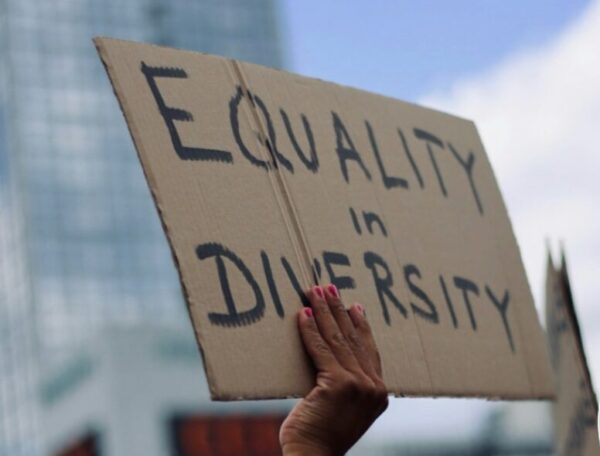January 26, 2025
Rutgers reportedly has not been pressured by any state legislators to cancel its DEI initiatives.
Although an executive order is not a law, the University of Rutgers’ Center for Minority Serving Institutions canceled its upcoming virtual mini-conference previously scheduled for Jan. 30, citing the executive orders Trump signed targeting diversity, equity and inclusion initiatives.
According to Inside Higher Ed, the center sent out an email on Jan. 23 to individuals who had registered for the event, explaining its decision.
“We were very excited to bring the HBCUs and Registered Apprenticeship Mini-Conference to you next week,” the email read. “Unfortunately, due to President Trump’s Executive Orders…we have been asked to cease all work under the auspices of the Diversity, Equity, Inclusion, and Accessibility HUB at Jobs for the Future, which the U.S. Department of Labor funds.”
As the outlet notes, Rutgers, which is located in New Jersey, a blue state, has not been pressured by any state legislators to cancel its DEI initiatives, but higher education policy experts and advocates for diversity, equity and inclusion have long predicted this kind of reaction under a Republican agenda.
According to Brendan Cantwell, a professor of education at Michigan State University, “That wariness and sort of pre-emptive compliance, even absent direct threats from the federal or state government, might be somewhat universal.”
The Department of Education, which Trump promised to eliminate at various points during his campaign, announced that it would be taking a series of actions against DEI on Jan. 23.
Per their news release, “The Department removed or archived hundreds of guidance documents, reports, and training materials that include mentions of DEI from its outward-facing communication channels [and] put employees charged with leading DEI initiatives on paid administrative leave,” agency officials said. “These actions are in line with President Trump’s ongoing commitment to end illegal discrimination and wasteful spending across the federal government. They are the first step in reorienting the agency toward prioritizing meaningful learning ahead of divisive ideology in our schools.”
According to The Inquirer, Rutgers President Jonathan Holloway indicated in a message to the university’s leaders that several offices had received stop-work orders for federally funded grant activities, which involve diversity, equity, and inclusion. He also reminded the leaders in his message that the university is to “remain committed to building an inclusive community.”
Although Rutgers canceled their event, largely because the center is principally funded by the federal government, officials in other states indicated that it’s currently too soon to determine the exact impact of Trump’s executive orders.
Kate Shaw, the executive director of the Pennsylvania State Board of Higher Education, said in a meeting with the board on Jan. 22 that they are monitoring the situation.
“We are watching in real-time as the new administration is putting policies in place,” Shaw said. “I think it’s a little too early to know exactly what the parameters of those policy changes are going to look like.”
According to Vox, the orders from Trump targeting DEI mark a significant pivot away from 2020 when the high-profile murders of George Floyd and Breonna Taylor spurred companies to invest in diversity, equity, and inclusion programs.
They note that although legal challenges against some of Trump’s executive orders will be coming, six members of the Supreme Court agree with the position that affirmative action (in this instance diversity, equity, and inclusion programs) amount to discrimination.
According to Patrick Reis, the senior politics and ideas editor at Vox, “Progressive groups may challenge many of these actions in court, but they could face long odds, as the Supreme Court’s majority takes a dim view of affirmative action. And with Trump’s executive order promising more anti-DEI steps in the coming months, America’s anti-DEI revolution is well underway. The implications of that revolution will be felt in government, business, academia, and virtually every other faction of civic life for years, if not decades, to come.”
RELATED CONTENT: Federal Workers Could Face ‘Adverse Consequences’ For Not Outing DEI Colleagues
Enter your Email Address below to get our fun-filled Newsletter!
© 2025 Black Enterprise. All Rights Reserved.

